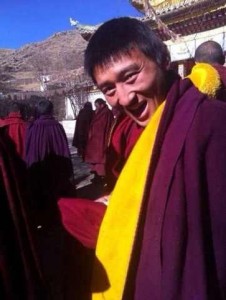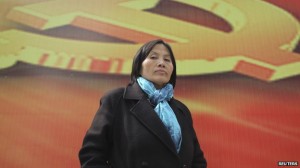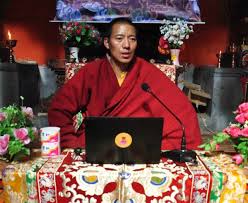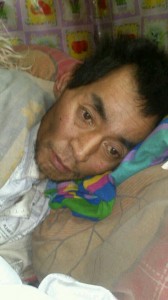
New information received by Tibetan Centre for Human Rights and Democracy (TCHRD) indicates that Goshul Lobsang, who recently died of torture injuries, might have received injections designed to cause and exacerbate his pain while he was being tortured in detention. The use of torture methods to increase pain is consistent with other Chinese torture tactics. For example, the Chinese adopted Soviet torture techniques to inflict pain faster.[i]
A source who hails from the same village as Goshul Lobsang told TCHRD that Goshul Lobsang was arrested on 29 June 2010[ii] by Machu County Public Security Bureau (PSB) officers. For about 5 months he was subjected to severe torture including pain-inducing injections, and deprived of sleep and food by the interrogation officers in Machu County.
Another source told TCHRD that police officers used sharp-pointed objects such as toothpicks to repeatedly pierce and penetrate into the tops of his finger nails and cuticles. This stabbing, applied with force and consistency, resulted in severe bleeding, swelling and pain making Goshul Lobsang unable to temporarily use his hands.

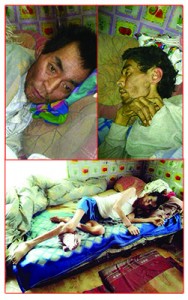


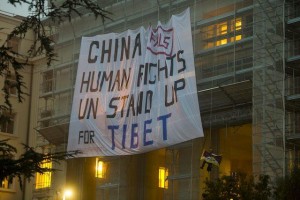
![Tibetan monks interrupted a Chinese government-organised media tour in June 2008 at Jokhang Temple in Lhasa. [Photo: AP]](https://tchrd.org/wp-content/uploads/2014/03/tibetmonksprotest_Jokhang-300x180.jpg)
